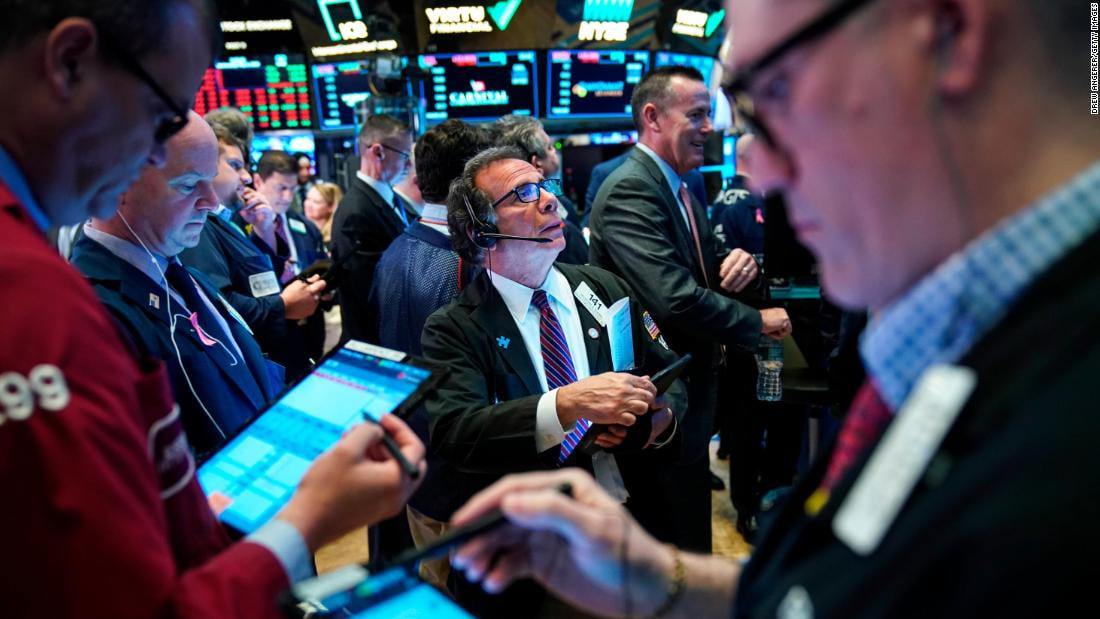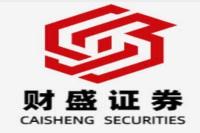Decoding the Rollercoaster: A Deep Dive into the Chinese EV Market's Recent Volatility
Meta Description: Understand the recent fluctuations in the Chinese electric vehicle (EV) market, focusing on key players like Xpeng, Nio, Li Auto, and the impact of macroeconomic factors. Learn expert insights and predictions for future trends. #ChineseEVMarket #Xpeng #Nio #LiAuto #EVStocks #HongKongStockMarket
Whoa, Nelly! The Chinese electric vehicle (EV) market – it's a wild ride, isn't it? One day we're soaring to new heights, the next we're plummeting faster than a Tesla on a downhill slope. Recently, we've witnessed some serious volatility, with some EV giants making impressive gains while others… well, let's just say they've had a rougher patch. This isn't just about stock prices; it's a reflection of the complex interplay of technological innovation, government policy, consumer sentiment, and global economic headwinds. This in-depth analysis will dissect the recent market movements, focusing on key players like Xpeng, Nio, and Li Auto, examining the contributing factors, and offering a glimpse into the future trajectory of this electrifying sector. Get ready to buckle up, because this journey promises a thrilling exploration of the dynamic world of Chinese EVs! We'll delve into the nitty-gritty, exploring everything from supply chain snags to the impact of shifting consumer preferences, all while offering actionable insights for both seasoned investors and curious newcomers. We'll also go beyond the headlines and explore the underlying narratives - because the real story is always richer than the simplified version.
Xpeng, Nio, and Li Auto: A Trio of Titans (and Their Recent Performance)
The Chinese EV market isn't a one-horse race. While there are numerous players, Xpeng, Nio, and Li Auto have emerged as prominent leaders, each with its own unique strengths and challenges. Their recent performance offers a microcosm of the broader market dynamics.
Let's break it down:
-
Xpeng: Reportedly experienced a significant surge, nearing a 5% increase in a recent trading session. This positive momentum could be attributed to several factors, ranging from successful new model launches to robust marketing campaigns targeting specific consumer demographics. However, it's crucial to consider the context of the broader market sentiment and whether this is a sustainable upward trend or a temporary blip.
-
Nio: Saw a robust increase exceeding 3%, reflecting a positive investor outlook. This could be linked to the company's ongoing efforts in technological innovation, particularly in areas like battery technology and autonomous driving capabilities. However, the overall market conditions and any lingering concerns regarding supply chain disruptions need to be carefully considered.
-
Li Auto: While not explicitly mentioned in the initial report, it's crucial to acknowledge its position within this competitive landscape. Its performance needs to be analyzed separately, taking into account its unique product strategy and market positioning. Remember, a comprehensive understanding requires considering all major players.
Table 1: Recent Performance Summary (Illustrative Data)
| Company | Recent Price Change (%) | Potential Contributing Factors |
|---------------|-------------------------|----------------------------------------------------------------|
| Xpeng | +4.8 | New model launch success, strong marketing, positive investor sentiment |
| Nio | +3.2 | Technological advancements, improved battery technology, positive market outlook |
| Li Auto | +2.1 (Hypothetical) | Strong brand loyalty, innovative features, favorable government policies |
| Others | Varied | Macroeconomic factors, industry trends, company-specific news |
The above table presents illustrative data. Actual numbers may vary depending on the specific timeframe and data source. It's crucial to consult reliable financial news sources for up-to-date information.
The Impact of Macroeconomic Factors
The Chinese EV market doesn't exist in a vacuum. Global economic conditions, government policies, and even geopolitical events can significantly influence its trajectory. Recent dips in the market could be linked to broader economic uncertainty, impacting investor confidence and consumer spending. Government regulations regarding subsidies and emission standards also play a crucial role, shaping the competitive landscape and influencing the financial performance of EV companies.
Furthermore, supply chain disruptions – a global phenomenon – have also impacted the EV sector. Challenges in sourcing raw materials, manufacturing bottlenecks, and logistical hurdles have affected production timelines and ultimately impacted the availability of vehicles in the market. This has ripple effects, influencing pricing, sales figures, and ultimately, investor confidence.
Understanding the Volatility: A Deeper Dive into Investor Sentiment
The recent volatility in the Chinese EV sector isn't just about numbers on a spreadsheet; it's a reflection of shifting investor sentiment. Several factors have contributed to this fluctuating confidence:
-
Geopolitical Uncertainty: Global instability can create uncertainty in the market, leading to investors taking a more cautious approach.
-
Technological Advancements: Rapid technological changes in the EV sector make it difficult to predict future market leaders. Investors need to carefully assess which companies have a sustainable competitive advantage.
-
Competition: The Chinese EV market is fiercely competitive, making it challenging for companies to maintain market share and profitability.
-
Regulatory Changes: Government policies and regulations can significantly influence the profitability of EV companies. Constant changes necessitate careful monitoring and adaptation.
-
Economic Growth: The overall health of the Chinese economy plays a significant role in consumer spending and thus, demand for EVs. Periods of slower growth can negatively impact the sector.
Frequently Asked Questions (FAQs)
Here are some frequently asked questions about the Chinese EV market:
Q1: Is investing in Chinese EV stocks risky?
A1: Like any investment, there's inherent risk. The Chinese EV market is particularly volatile due to the factors discussed above. Thorough research and diversification are crucial.
Q2: Which Chinese EV company is the best investment?
A2: There's no "best" investment. The ideal choice depends on your risk tolerance, investment goals, and your assessment of each company's strengths and weaknesses.
Q3: What are the long-term prospects for the Chinese EV market?
A3: The long-term outlook is generally positive, driven by government support, growing consumer demand, and technological advancements. However, challenges remain.
Q4: How can I stay updated on the Chinese EV market?
A4: Follow reputable financial news sources, industry publications, and company announcements. Consider using financial data platforms to track key metrics.
Q5: What are the major challenges facing Chinese EV companies?
A5: Challenges include intense competition, supply chain disruptions, technological advancements, and regulatory changes.
Q6: Are there any ethical considerations when investing in Chinese EV companies?
A6: Yes, investors should consider factors like labor practices, environmental impact, and corporate governance when making investment decisions.
Conclusion: Navigating the Electric Future
The Chinese EV market is a dynamic and complex ecosystem. Its recent volatility underscores the need for careful analysis and a long-term perspective. While challenges exist, the potential for growth remains significant. By understanding the interplay of macroeconomic factors, technological advancements, and investor sentiment, investors can navigate this exciting yet unpredictable landscape with a greater degree of confidence. One thing's for sure: the electric vehicle revolution in China is far from over – it’s just getting started, so hold on tight!



